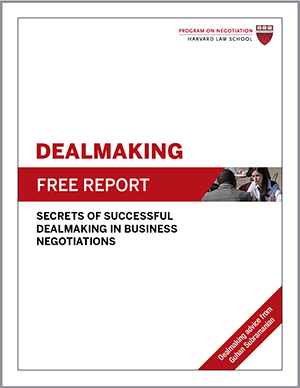
How does mediation work in a lawsuit? No one likes to go to court. Not only is it expensive and time-consuming, but it often leads to frustrating results and damaged relationships.
So, how does mediation work in a lawsuit and is legal mediation a better route?
Avoiding Litigation Through Court-Sponsored Mediation Programs
The answer is “sometimes,” according to a comprehensive study of court-affiliated mediation programs by Roselle L. Wissler of Arizona State University’s College of Law in Tempe. Settlement rates in these programs varied widely, ranging from 27% to 63%. In some programs, the percentage of settlements was higher than in nonmediated cases; in other programs, there was no difference.
Several other studies have indicated higher compliance with mediated agreements than with court orders (though they found no significant difference between mediated agreements and privately negotiated settlements).
How Does Mediation Work in a Lawsuit – Transaction Cost
Surprisingly, there isn’t a significant difference in transaction costs between litigated cases and those mediated through the courts. That may reflect the frequency of cases settled “on the courthouse steps,” after lawyers have already engaged in costly pretrial discovery and maneuvering. In spite of the cost, studies also show high participant satisfaction with court-sponsored mediation. Depending on the program, 5% to 43% of litigants also report that the process helped them improve their relationship with the other parties.
An important lesson for managers (and their lawyers) is that not all lawsuit mediation is created equal. When court programs are poorly funded, mediation can become just another bureaucratic hoop to jump through to get to court. Other jurisdictions commit serious resources to mediation; they also intervene earlier, before disputants paint one another into corners. In short, the biggest benefits of mediation come early, when those involved are spared the time and expense of protracted litigation.
The mixed results for legal mediation programs reveal only part of the picture, of course. Disputants may be best served by actively pursuing a settlement on their own, perhaps with the aid of a private mediator, before a suit is ever filed.
How does mediation work for you? Share your lawsuit mediation stories in the comments.
Related Articles:
- A Closer Look at Court-Sponsored Mediation – How do alternative dispute resolution processes such as mediation work in the legal system? In this article, we examine the efficacy of court-sponsored ADR processes like mediation in reaching negotiated agreements in dispute resolution scenarios.
- Negotiation and Nonviolent Action: Interacting in the World of Conflict – How does negotiation reconcile differences and help avoid violent conflict? What alternatives do processes like negotiation offer for a world prone to violence and discord? In this article, the basic principles of nonviolent action are examined in light of integrative, win-win negotiation strategies. The challenges of nonviolent action aimed at peace-building and reconciliation are discussed in light of well-known international conflicts.
- What are the Three Basic Types of Dispute Resolution? What to Know About Mediation, Arbitration, and Litigation – What are the differences between the three basic dispute resolution processes, mediation, arbitration, and litigation, and how do they differ from one another? In mediation, a neutral third-party negotiator helps parties reach agreement while in arbitration a decision is imposed upon the two parties through a neutral third-party arbitrator. Litigation, the most well-known dispute resolution process of the three, is when negotiators turn to the court system to resolve disputes. Learn about the advantages, and disadvantages, of each dispute resolution style in this article.
- Top 10 Best Negotiations of 2014: Negotiation Case Studies Drawn from Negotiation Examples in Real Life – Hindsight is 20/20, and, as these negotiation case studies from 2014 demonstrate, the gift of hindsight translates into foresight at the bargaining table. Here is a list of our top 10 best negotiation case studies, news stories, and research findings for the year 2014.
- Lessons for Business Negotiators: Negotiation Techniques from International Diplomacy – What do the arts of dealmaking and diplomacy have in common? In this article drawn from negotiation research, the world of diplomacy is used to infer negotiation strategies and negotiation tactics useful for business negotiators.
Originally published in 2012.





